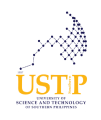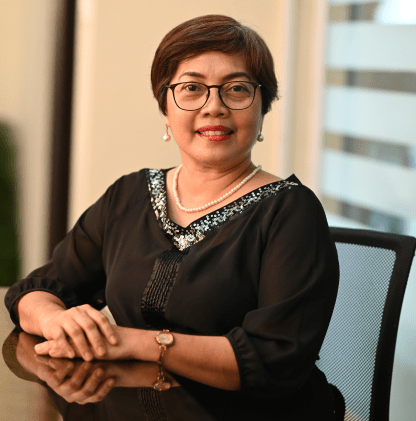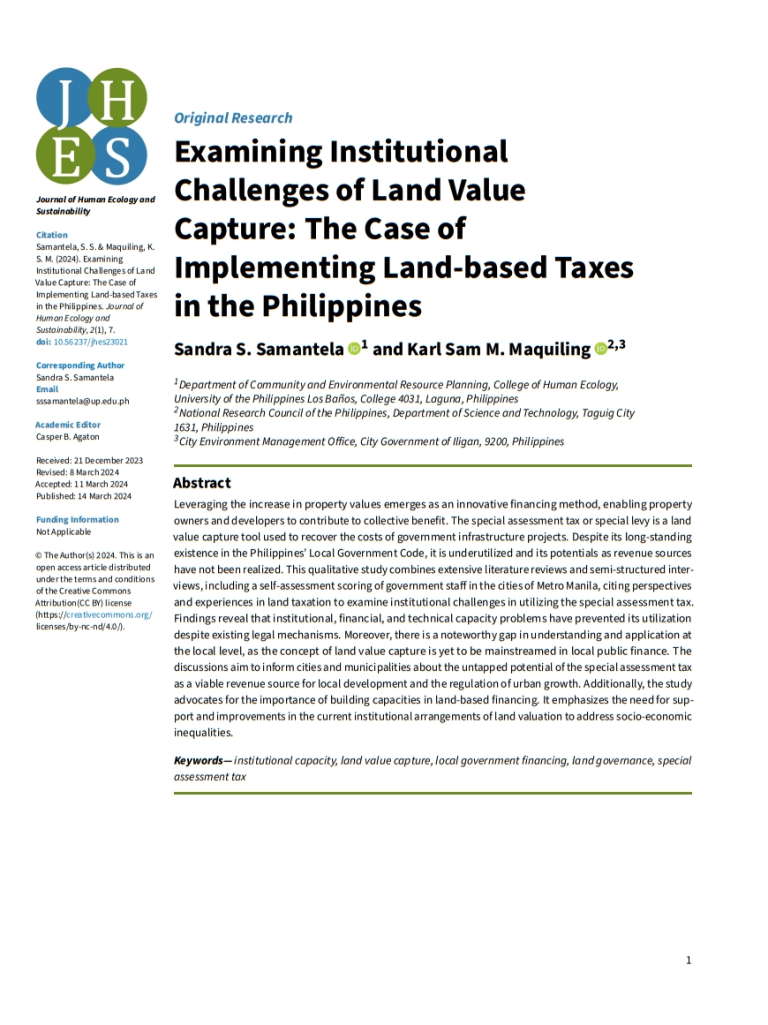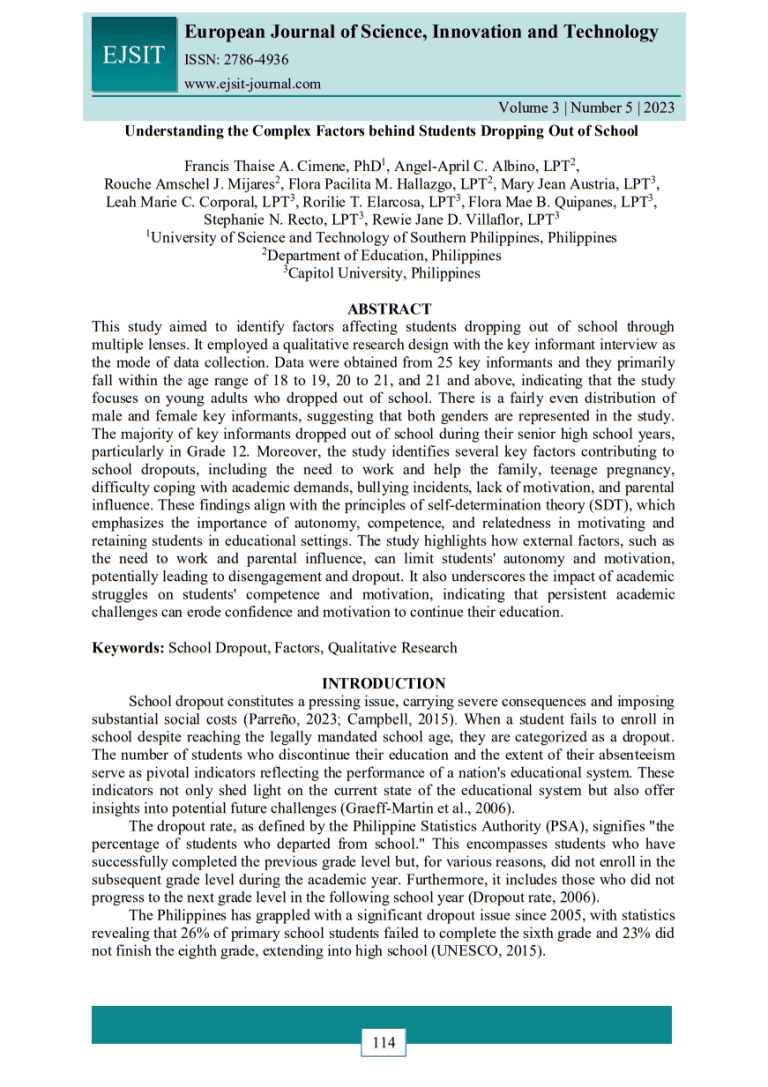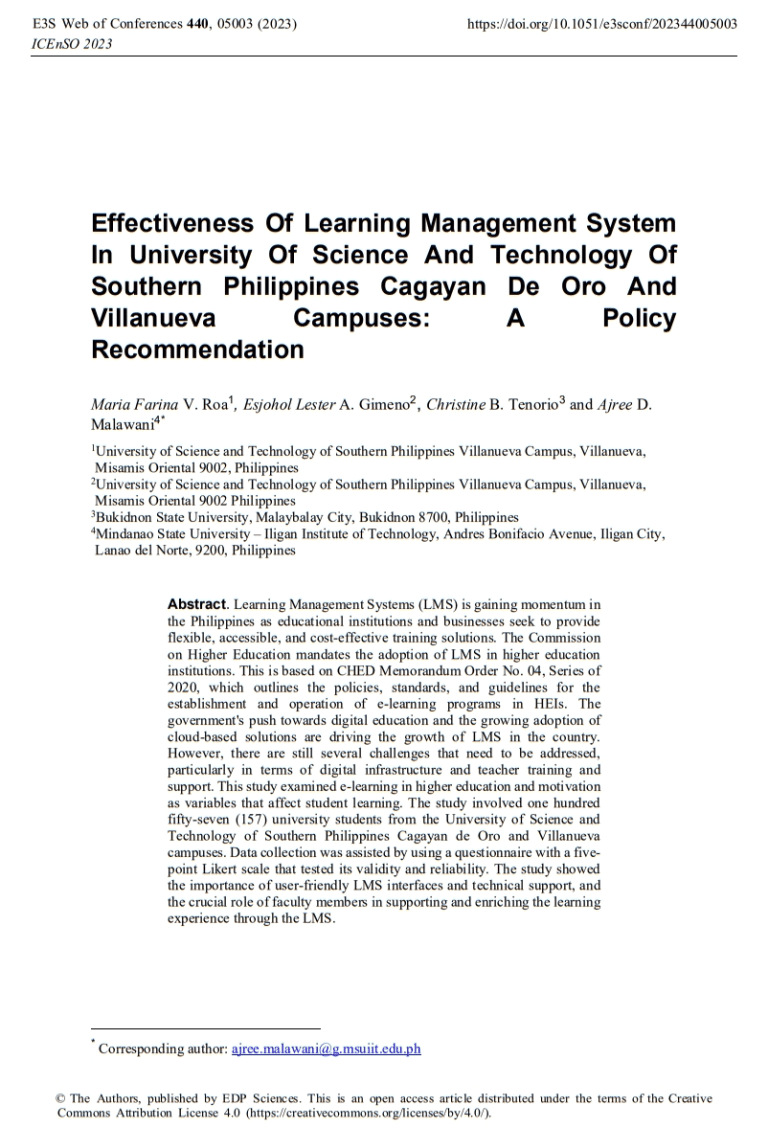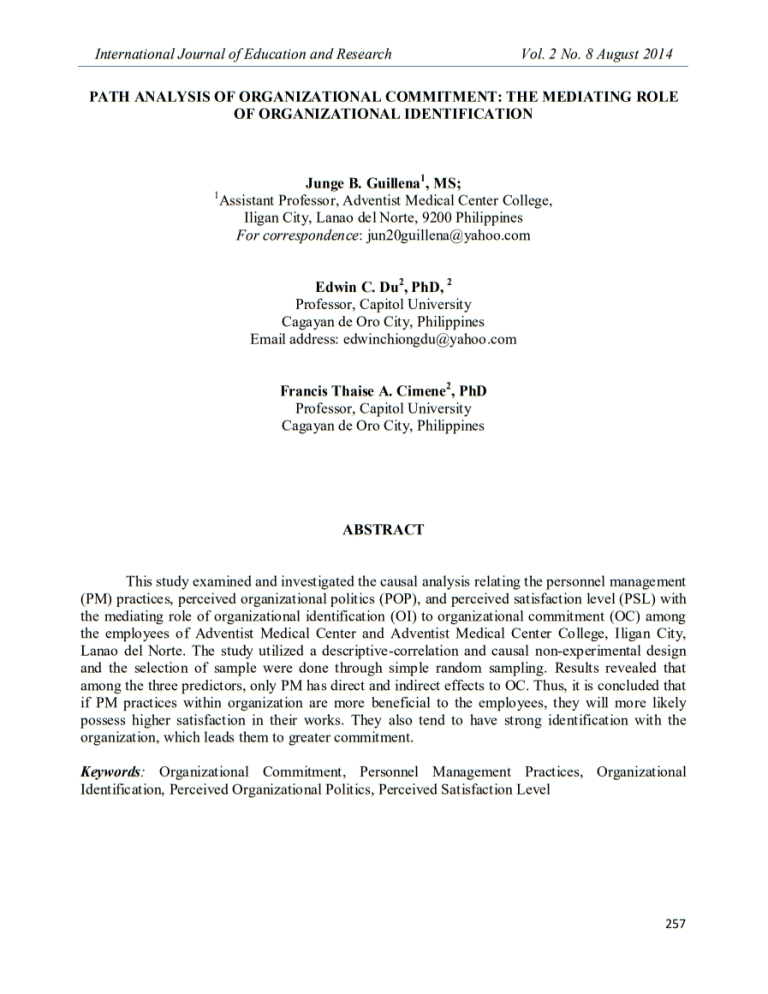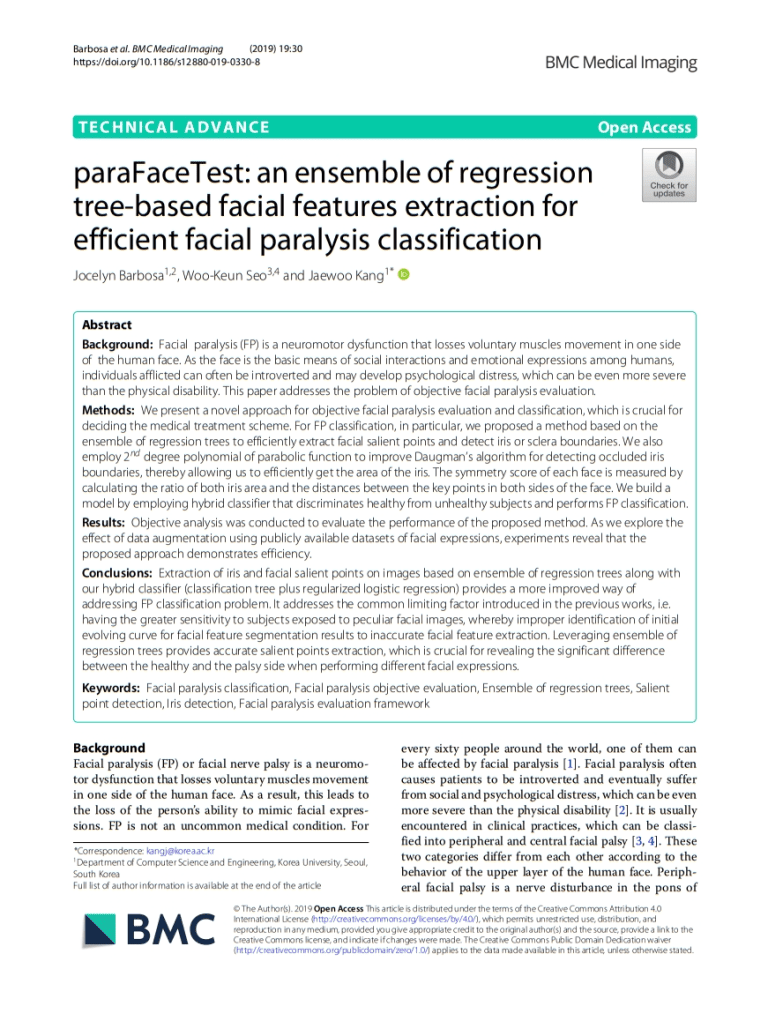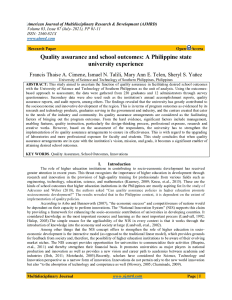

Published: Jul 02, 2021 | Updated: May 02, 2024
Quality assurance and school outcomes: A Philippine state university experience
Authors: Dr. Francis Thaise Ismael N. Talili, Mary Ann E. Telen and Sheryl S. Yaňez innovations, quality assurance, school outcomesAbstract
This study aimed to ascertain the function of quality assurance in facilitating desired school outcomes with the University of Science and Technology of Southern Philippines as the unit of analysis. Using the outcomes-based approach to assessment, the data were gathered from 230 graduates and 12 administrators through survey questionnaires. Secondary data were also used such as the institution”s annual accomplishment reports, quality assurance reports, and audit reports, among others. The findings revealed that the university has greatly contributed to the socioeconomic and innovative development of the region. This is in terms of program outcomes as evidenced by its research and technology products, graduates serving in the government and industry, and the centers created that cater to the needs of the industry and community. Its quality assurance arrangements are considered as the facilitating factors of bringing out the program outcomes. From the hard evidence, significant factors include management, enabling features, quality instruction, particularly the design-thinking process, professional exposure, research and creative works. However, based on the assessment of the respondents, the university has to strengthen the implementation of its quality assurance arrangements to ensure its effectiveness. This is with regard to the upgrading of laboratories and more professional exposure for faculty and students. This study concludes that when quality assurance arrangements are in sync with the institution”s vision, mission, and goals, it becomes a significant enabler of attaining desired school outcomes.



